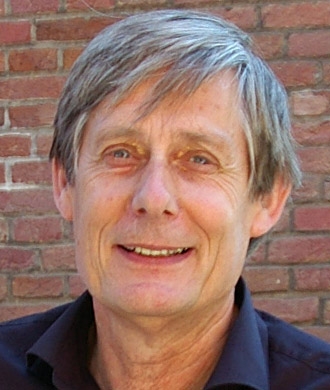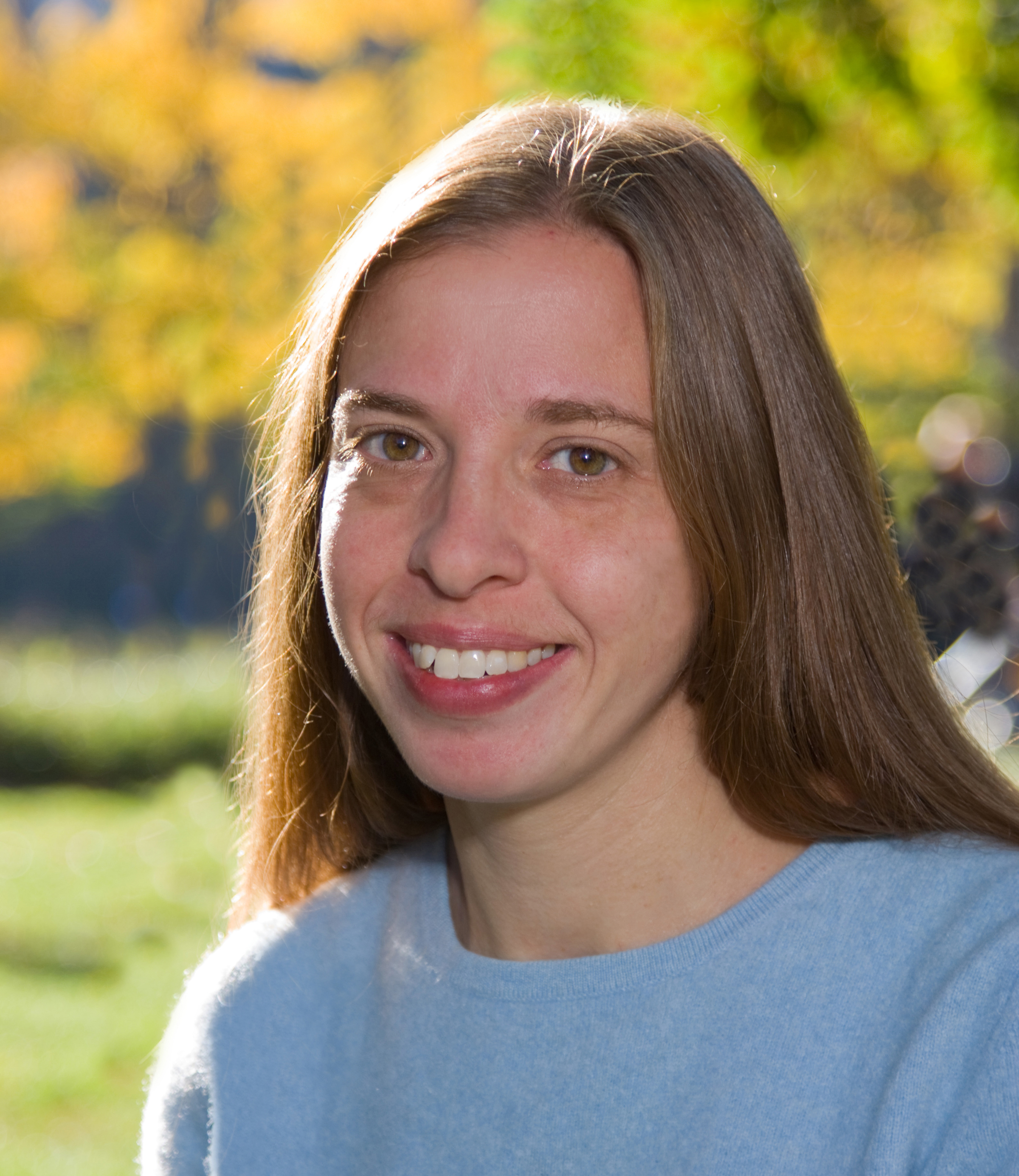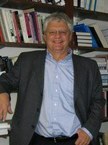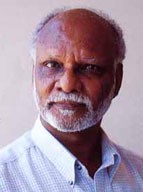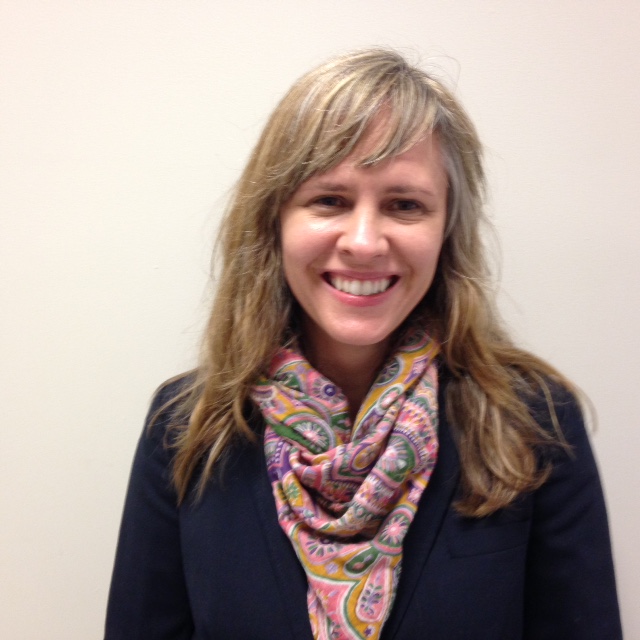Featured Speakers
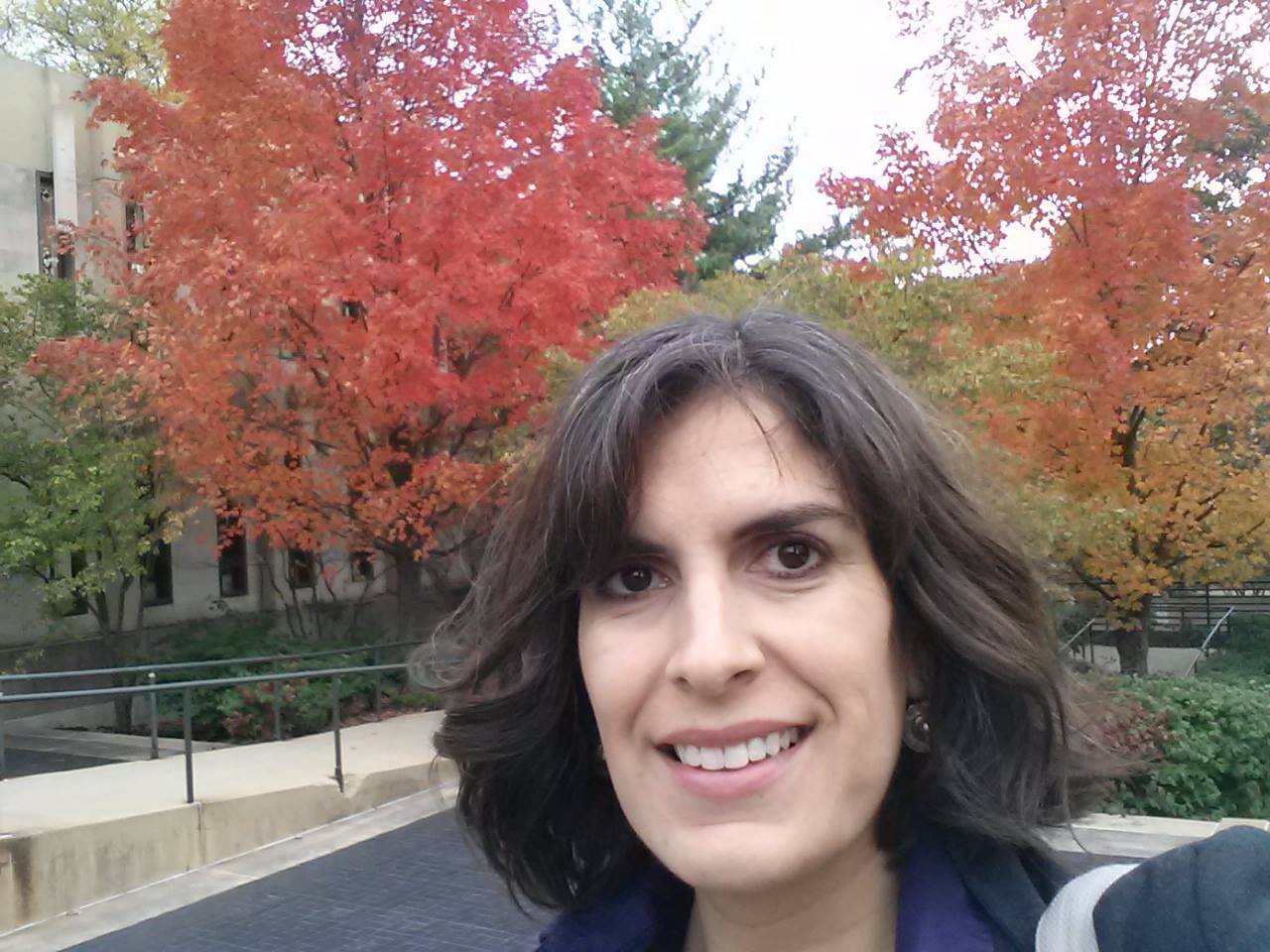 |
Michelle Campos
Professor of History, University of Florida | Website
Abstract: “Unmixing the Holy City: Sectarianism and Segregation in Post WWI Jerusalem”
In the decade after the end of World War I, Jerusalem was transformed from a multicultural imperial city to a platform for sectarian and nationalist struggles. Public power displays, changing municipal governance, and segregationist impulses in residential, commercial, and sacred spaces all played a role in irrevocably transforming the once-shared urban landscape.
Michelle Campos is Associate Professor of Modern Middle Eastern History at the University of Florida. She earned her PhD in 2003 from Stanford University, after which she taught in the Department of Near Eastern Studies at Cornell University. Dr. Campos has lived and done research in Israel/Palestine, Egypt, Turkey, Jordan, and Lebanon, and her areas of interest include the late Ottoman Empire, the social history of historical Palestine, Muslim-Non-Muslim relations, urban history and social networks. Dr. Campos’s first book, Ottoman Brothers: Muslims, Christians, and Jews in Early-Twentieth Century Palestine, explores the development of Ottoman collective identity in the aftermath of the July 1908 Ottoman revolution, tracing how Muslims, Christians, and Jews defined, practiced, and contested the contours of imperial citizenship and local belonging. Dr. Campos’s research also has been published in the International Journal of Middle East Studies, Jerusalem Quarterly File, and various edited books.
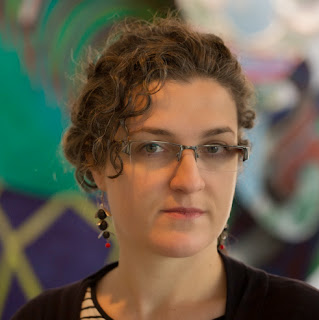 |
Lerna Ekmekcioglu
McMillan-Stewart Associate Professor of History, MIT | Website
Abstract: “Survivors into Minorities: Armenians in Post-Genocide Turkey”
The talk follows the trajectories of the survivors of the 1915 Armenian genocide who remained inside Turkish borders after the end of WWI (and during the occupation of the Ottoman capital) and after the 1923 establishment of the new country as a republic. How did Armenians try to recover from their recent losses? How did the Kemalist state treat the remaining Armenians? What were Armenians’ responses to the new (but also old) Turkish regime? The talk will discuss multiple strategies that Armenians improvised in order to cohabit with unapologetic perpetrators and survive the new Turkey.
Lerna Ekmekcioglu (Associate Professor of History, Massachusetts Institute of Technology) is a historian of the modern Middle East and an affiliate of the Women and Gender Studies Program. She specializes on Turkish and Armenian lands in the beginning of the 20th century. Her most recent book, Recovering Armenia: The Limits of Belonging in Post-Genocide Turkey, came out from Stanford University Press in early 2016.
 |
Dimitris Kamouzis
Researcher at the Centre for Asia Minor Studies, Athens, Greece | Website
Abstract: “Between Turkish Nationalism and Greek Irredentism: The Greek Orthodox Community of Istanbul (ca. 1914-1923)”
The aim of this presentation is to highlight the efforts of the Greek Orthodox (Rum) community of Istanbul to respond to the challenges of a rapidly and radically changing sociopolitical environment during the last phase of the dissolution of the Ottoman Empire. The historical experience of the Ottoman Greeks constitutes part of the broader discussion on the disintegration of multi-ethnic empires and their reorganization into national states. They were caught between two mutually antagonistic nationalisms, that of the Ottoman Empire in which they lived and belonged as citizens and that of Greece with which they shared transborder ethnic ties. The main hypothesis is that the responses of their religious and lay leaderships – namely the Ecumenical Patriarchate of Constantinople and the communal boards – vis-à-vis Turkish nationalism and Greek irredentism determined their status as a minority group in Turkey until today.
Dimitris Kamouzis is a Researcher at the Centre for Asia Minor Studies (Athens, Greece). He received his PhD in History at the Department of Byzantine and Modern Greek Studies, King’s College London. He has written several articles on the Greek Orthodox populations of the Ottoman Empire/Turkey and is co-editor of the collective volume State – Nationalisms in the Ottoman Empire, Greece and Turkey: Orthodox and Muslims, 1830-1945 (Oxon: SOAS/ Routledge Studies on the Middle East, 2013). His research interests include; Non-Muslim Minorities in the Ottoman Empire/Turkey, Greek-Turkish Relations, History of the Greek Diaspora, Oral History, Refugee Studies, and the History of Humanitarianism.
|
|
A.J. Racy
Professor of Ethnomusicology, University of California, Los Angeles | Website
Concert Description: “Collective Memories of World War I”
In this concert, Professor A.J. Racy will perform on a variety of musical instruments from the Arab World, including the nay (reed flute), buzuq (long necked lute), ‘ud (short necked lute), and others. Illustrating the shared features and the regional differences in the music, Dr. Racy will also reflect on the collective memories of World War I in his Lebanese village of birth.
A.J. Racy, Ph.D. is a performer, composer, and Professor of Ethnomusicology at the University of California, Los Angeles. Born in Lebanon, he comes from a well-known family of artists, scholars, and academicians. Racy is internationally recognized for his extraordinary musicianship, and his numerous publications, including his award winning book, Making Music in the Arab World: The Culture and Artistry of Tarab (Cambridge University Press, 2003). He is a master of many traditional instruments, particularly the nay, a reed-flute, and the buzuq, a long-necked fretted lute. He has performed and lectured extensively in the Middle East, the U.S., and throughout the world. Racy has composed for and performed with the Kronos Quartet and the Sacramento Symphony Orchestra, as well as for feature and documentary films. His music has been released on a number of CDs, including four Lyrichord albums, Ancient Egypt, Taqasim, Mystical Legacies, and When the Rivers Met, and on a Kronos Quartet release titled Caravan. Dr. Racy is the recipient of numerous honors and tributes from a variety of cultural institutions, including the Stevenson Award for composer-scholar Ethnomusicologists, and in 2012 the prestigious Chinese Taichi Traditional Music Foundation Award for outstanding traditional musicians and music scholars worldwide.
|
|
E.J. Zürcher
Professor of Turkish Studies, Leiden University Institute for Area Studies (LIAS) | Website
Abstract: “The Republican State of the Turkish Nation – a Product of War and Ethnic Conflict”
The early Turkish Republic (1923-1945) was the first nation-state to emerge from World War I in the Middle East. It was ruled by a tightly-knit political-military elite, the Kemalists. In this paper I argue that the understanding of the nation, the nation-building policies and the demographic engineering of the republican elite were shaped by their experiences, and policies, during World War I, when nearly all of them had been prominent members of the ruling Committee of Union and Progress. Those policies were themselves rooted in their earlier experiences in the Balkans between 1904 and 1912.
Erik-Jan Zürcher was awarded his MA in Middle East studies at Leiden University in 1977 and his Ph.D. at Leiden University in 1984. From 1977-97 Zürcher worked in the University of Nijmegen (now Radboud University), first as a lecturer of Turkish, later as a senior lecturer in History of the Middle East. From 1989-99 he headed the Turkish department of the International Institute of Social History in Amsterdam. From 1993-97 he held a private chair of Turkish History in the University of Amsterdam. Since 1997 he has been a full professor of Turkish Studies in the University of Leiden. In 2008-12 he was general director of the International institute of Social History in Amsterdam. Since 2012 he has also been affiliate professor at Stockholm University. In 2008 he was elected a member of the Royal Netherlands Academy of Arts and Sciences (KNAW). His main research interest is the political and social history of the late Ottoman Empire and the early Turkish Republic. He made his mark with two studies on political contestation in the early republic, The Unionist Factor (Leiden: Brill, 1984) and Political Opposition in the Early Turkish Republic (Leiden: Brill, 1991). His Turkey. A Modern History (London: I.B. Tauris, 1993 but substantially revised in 2004) is widely used as textbook in universities in the U.S.A., the U.K, the Netherlands and Turkey.
Zürcher has written or edited thirteen books on the social and political history of the late Ottoman Empire and modern Turkey. Another research interest is the comparative history of military recruitment and employment, on which he has recently (2013) published a 685 p. volume called Fighting for a Living. His most recent publication is Jihad and Islam in World War I (Leiden University Press, 2015).
Commentators
|
|
Karen Auerbach
Assistant Professor of History and Stuart E. Eizenstat Fellow, University of North Carolina at Chapel Hill | Website
Karen Auerbach is assistant professor in the Department of History and Stuart E. Eizenstat fellow in the Carolina Center for Jewish Studies at the University of North Carolina in Chapel Hill. Her first book, The House at Ujazdowskie 16: Jewish Families in Warsaw after the Holocaust (Indiana University Press, 2013), is a history of Jewish families who were neighbors in an apartment building in Warsaw after the Holocaust. Her current research focuses on Jewish publishing families in the Polish book trade in the nineteenth century. Auerbach teaches modern Jewish history, East European Jewish history and the Holocaust.
|
|
Lloyd Kramer
Professor of History; Faculty Director of the Program in the Humanities and Human Values, University of North Carolina at Chapel Hill | Website
Lloyd Kramer is a Professor of History at the University of North Carolina-Chapel Hill, where he teaches European intellectual history and serves as Faculty Director of the Program in the Humanities and Human Values—an outreach program in Carolina’s College of Arts and Sciences that serves as a bridge between UNC’s faculty and the people of North Carolina. His research focuses mainly on nineteenth-century France with particular attention to cross-cultural experiences, nationalism, and transnational exchanges.
Professor Kramer has published several books, including Threshold of a New World: Intellectuals and the Exile Experience in Paris, 1830-1848 (1988); Lafayette in Two Worlds: Public Cultures and Personal Identities in an Age of Revolutions (1996); and Nationalism in Europe and America: Politics, Cultures, and Identities since 1775 (2011).
|
|
Bereket Selassie
William E. Leuchtenburg Professor of African Studies, and Professor of Law, University of North Carolina at Chapel Hill | Website
Bereket Selassie is William E. Leuchtenburg Distinguished Professor of African Studies, and Professor of Law at the University of North Carolina-Chapel Hill. He has spent more than 20 years in government, law and diplomacy, 35 years in full-time university teaching and writing, and a lifetime working for human rights and democracy. His research interests are focused on African history, law and politics. He has served as a Federal Supreme Court Judge and the Attorney General in Ethiopia, and has consulted numerous multilateral institutions, governments and international agencies, including the World Bank, US/AID and the Centre for Democracy and Development.
Professor Selassie has published several books, the most recent of which is Wounded Nation: How a Once Promising Eritrea Was Betrayed and Its Future Compromised (Trenton, N. J., Red Sea Press. 2011). An upcoming book, Confronting the Impact of Colonial History is scheduled to be published in 2016.
|
|
Sara Smith
Associate Professor of Geography, University of North Carolina at Chapel Hill | Website
Sara Smith is a recently tenured associate professor in the Department of Geography at the University of North Carolina at Chapel Hill. Her expertise includes the fields of political and feminist geography, with a focus on territory, the politics of intimate life, youth, race, and the future. Her research has included work on the intersections of love, reproduction, and political conflict in the contested Ladakh region of India’s Jammu and Kashmir State, and she is currently working on a new project examining the political lives of marginalized Himalayan students in India. She has published in The Annals of the Association of American Geographers, Political Geography, Transactions of the Institute of British Geographers, and Gender, Place and Culture, among other academic journals. She has been teaching courses on the politics of everyday life, political geography, South Asia, and qualitative methods since 2004.


